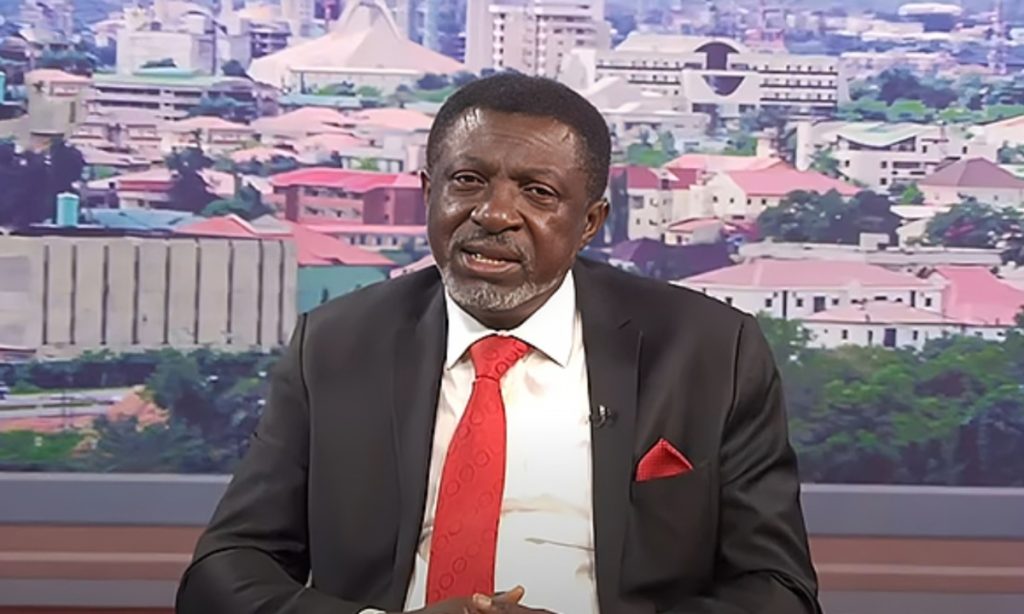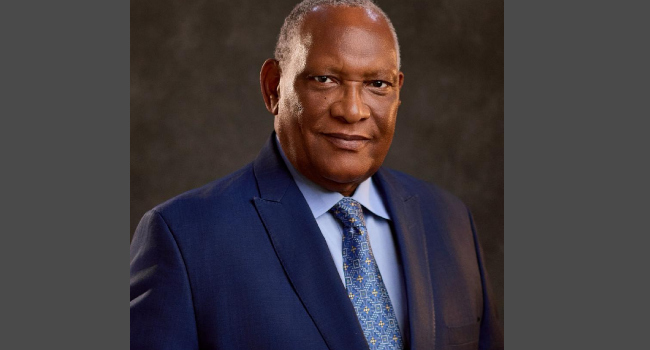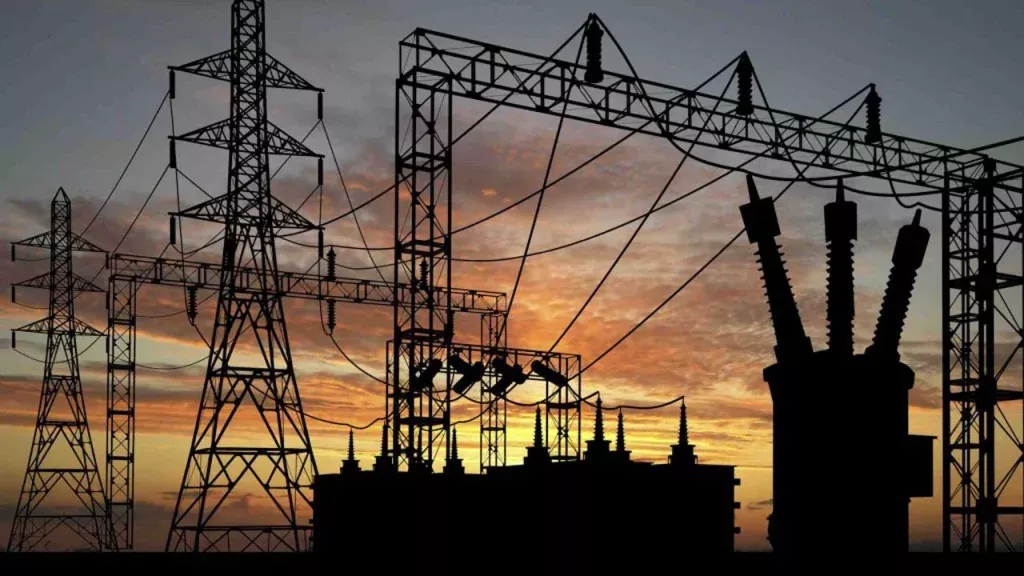Somalia’s Strategic Gambit: A Show of Diplomatic Mastery
The newly forged alliance between Egypt and Somalia has sent shockwaves through the Horn of Africa, revealing deep-rooted insecurities and power struggles in the region. Ethiopia, once the dominant player in the region, is now showing signs of panic as it struggles to come to terms with the changing dynamics.
So, why is Ethiopia so disturbed by the newfound relationship between Cairo and Mogadishu? The answer lies in the strategic foresight and bold diplomacy of Somalia’s leadership, which has managed to reposition itself in a high-stakes game of regional politics.
Somalia’s recent alignment with Egypt marks a significant shift in the Horn of Africa’s geopolitical landscape. Rather than being a passive player, Somalia is asserting its agency, indicating that it is no longer content to be overshadowed by regional giants like Ethiopia. By entering into a military alliance with Egypt, Somalia has demonstrated a keen understanding of its geopolitical leverage, turning its strategic location into a valuable asset.
The deal between Egypt and Somalia, which includes the potential deployment of up to 10,000 Egyptian troops to Somalia by the end of the year, is a bold move that challenges the status quo. Ethiopia’s response – warning that it "cannot stand idle" – underscores the level of concern in Addis Ababa. For years, Ethiopia has positioned itself as the regional hegemon, exerting influence over its neighbors with relative ease. Somalia’s assertive diplomacy is challenging this long-standing dominance.
At the heart of Ethiopia’s anxiety lies its deep-seated mistrust of Egypt, a historical adversary with whom it shares contentious and unresolved disputes over the Nile River. Ethiopia perceives Egypt’s strategic interests in Somalia as potentially extending beyond the stated goal of regional stability. There is a fear in Addis Ababa that Cairo could use its influence in Somalia to encircle Ethiopia and exert pressure in the ongoing Nile dispute.
Ethiopia’s panic is not just about the presence of Egyptian troops in Somalia; it’s about losing influence over a region it has long considered its strategic backyard. For years, Ethiopia has played a crucial role in Somalia’s internal security, deploying thousands of troops in and outside the African Union banner to combat Al-Shabaab militants. But now, Somalia has turned the tables, demanding Ethiopia withdraw from its controversial port deal with Somaliland, the breakaway region of Somalia.
Somalia’s push to remove Ethiopian forces from its territory is a masterstroke, reflecting a newfound confidence and determination to assert its sovereignty. Ethiopia’s protests, framed as concerns over regional stability, mask a deeper fear: that it is losing its grip on a neighbor it once influenced with relative ease.
The power struggle over Somaliland is at the heart of Ethiopia’s distress. Ethiopia’s decision to sign a 50-year lease with Somaliland for a section of its coastline to build a naval base was seen by Mogadishu as a direct affront, an act of aggression that undermines Somalia’s sovereignty. Somalia’s refusal to budge on this issue and its insistence that Ethiopia recognize its sovereignty over Somaliland has caught Ethiopia off guard.
By aligning with Egypt, Somalia is demonstrating that it is a force to be reckoned with, a nation capable of forming strategic alliances to advance its interests. This new direction in Somali foreign policy should be seen as a potential boost for regional stability, not a threat. It shows that Somalia is ready to stand up for itself, actively participate in regional politics, and shape the future of the Horn of Africa.
Ethiopia’s dilemma is clear: adapt or perish. Addis Ababa must now decide whether to cling to its old ways of dominance or to embrace a future of cooperation and mutual respect. Somalia’s assertive diplomacy deserves credit for shaking up the regional order and asserting its right to be treated as an equal. As the Horn of Africa enters a new era, Ethiopia would do well to recognize that a strong, sovereign Somalia is not a threat but a potential partner in building a more stable and prosperous region.
Conclusion
Somalia’s bold moves have put Ethiopia on the defensive, challenging its assumed role as the regional power broker. While Ethiopia laments about destabilization, it is clear that the real issue is its reluctance to accept a new balance of power in the Horn of Africa. Somalia, once seen as a failed state, is now emerging as a confident player, ready to engage on its terms, refuse any infringement, and defend its sovereignty.
The Egypt-Somalia alliance is a game-changer in the Horn of Africa, marking a significant shift in the region’s geopolitical landscape. Ethiopia must adapt to this new reality and recognize that a strong, sovereign Somalia is not a threat but a potential partner in building a more stable and prosperous region. The old days of unchecked hegemony are over; it is time for Ethiopia to accept the new realities and work towards a more inclusive and equitable future in the Horn of Africa.



